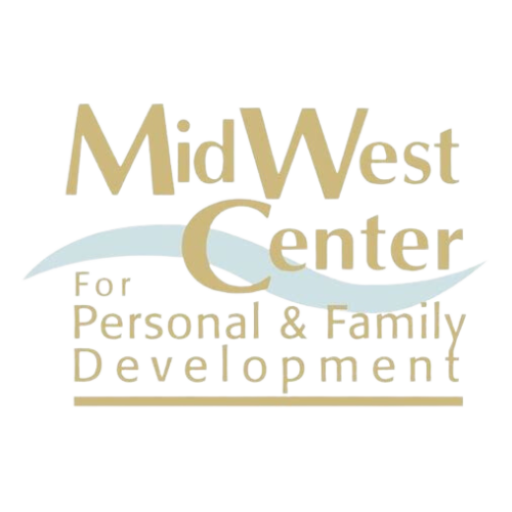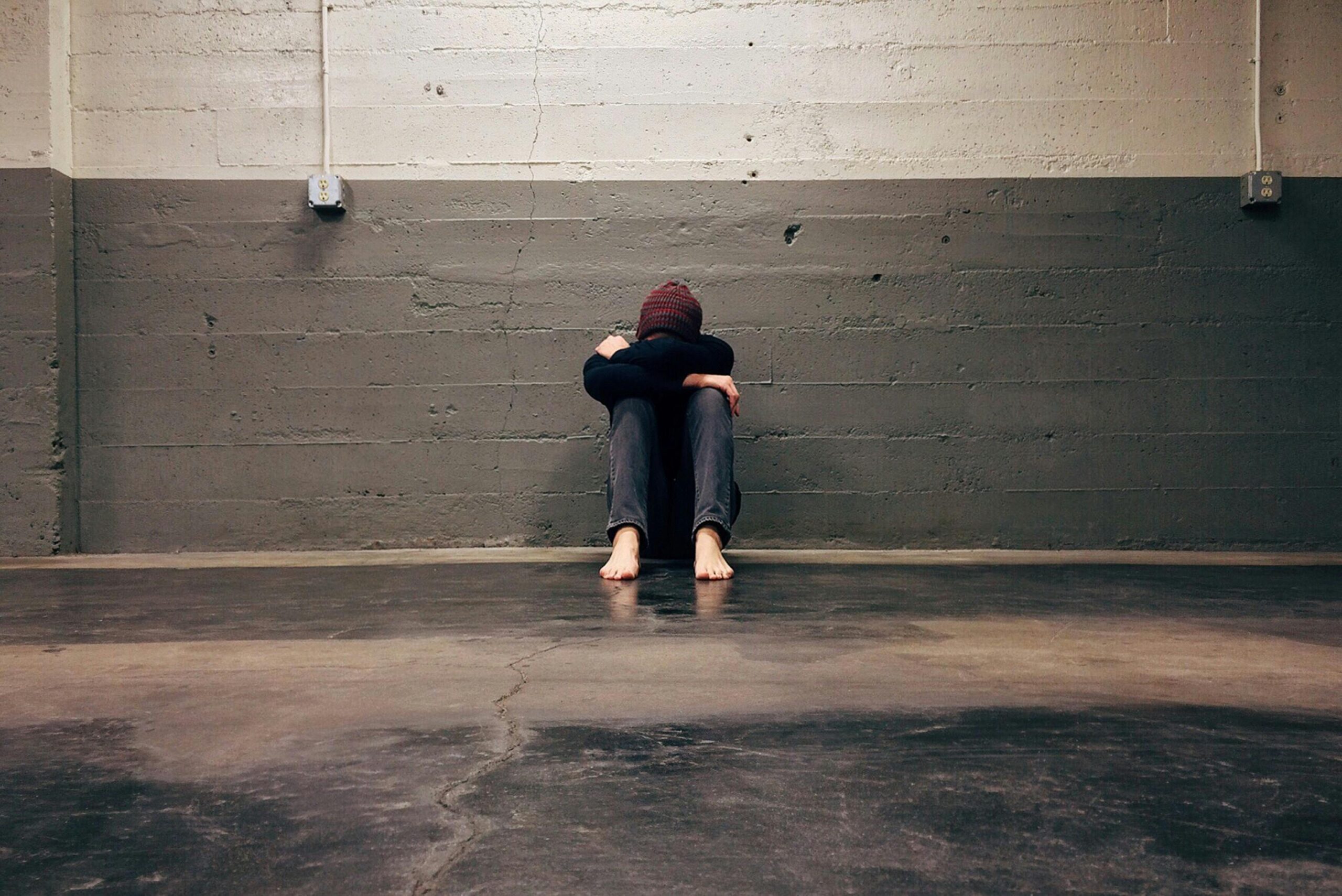June 27 is PTSD Awareness Day, a time to shed light on a condition that affects millions but is often misunderstood or overlooked. Post-Traumatic Stress Disorder (PTSD) doesn’t always look the way it’s portrayed in movies—and it can affect anyone, not just veterans or first responders. Today, we honor those living with PTSD, amplify their voices, and commit to greater understanding, support, and healing.
What Is PTSD?
PTSD is a mental health condition triggered by experiencing or witnessing a traumatic event. While it’s normal to feel fear or anxiety after trauma, people with PTSD may experience lasting, intense symptoms such as:
- Flashbacks or nightmares
- Avoidance of reminders of the trauma
- Hypervigilance or exaggerated startle responses
- Emotional numbness or difficulty connecting with others
These symptoms can interfere with daily life, relationships, and physical health—but recovery is possible.
Who Gets PTSD?
PTSD doesn’t discriminate. It can affect people of all ages and backgrounds. Some common sources of trauma include:
- Military combat
- Sexual or physical assault
- Natural disasters
- Serious accidents or illness
- Emotional abuse or childhood neglect
It’s estimated that about 6% of the U.S. population will experience PTSD at some point in their lives. Women are statistically more likely to be affected, and people of color and LGBTQ+ individuals often face compounding traumas due to systemic inequities.
Breaking the Stigma
One of the biggest barriers to healing is stigma. Many people with PTSD feel ashamed or worry about being judged. But trauma responses are not signs of weakness—they are natural, human reactions to deeply distressing events.
On PTSD Awareness Day, we encourage open conversations. Ask questions. Listen with compassion.
How to Support Someone With PTSD
- Believe them. Validate their experience without trying to fix or minimize it.
- Be patient. Healing isn’t linear. There may be setbacks.
- Educate yourself. Understanding PTSD helps reduce stigma and fear.
- Encourage treatment. Therapies like Cognitive Behavioral Therapy (CBT), EMDR (Eye Movement Desensitization and Reprocessing), and trauma-informed care have been shown to help.
If You’re Living With PTSD
You’re not alone—and your experiences are valid. Recovery may feel distant, but small steps count. Reach out to a mental health professional, join a support group, or simply talk to someone you trust.
MidWest Center is here to support you with resources, therapy options, and community connection.
This PTSD Awareness Day, let’s replace silence with support, stigma with empathy, and fear with hope. Healing begins with understanding—and together, we can make space for it.

